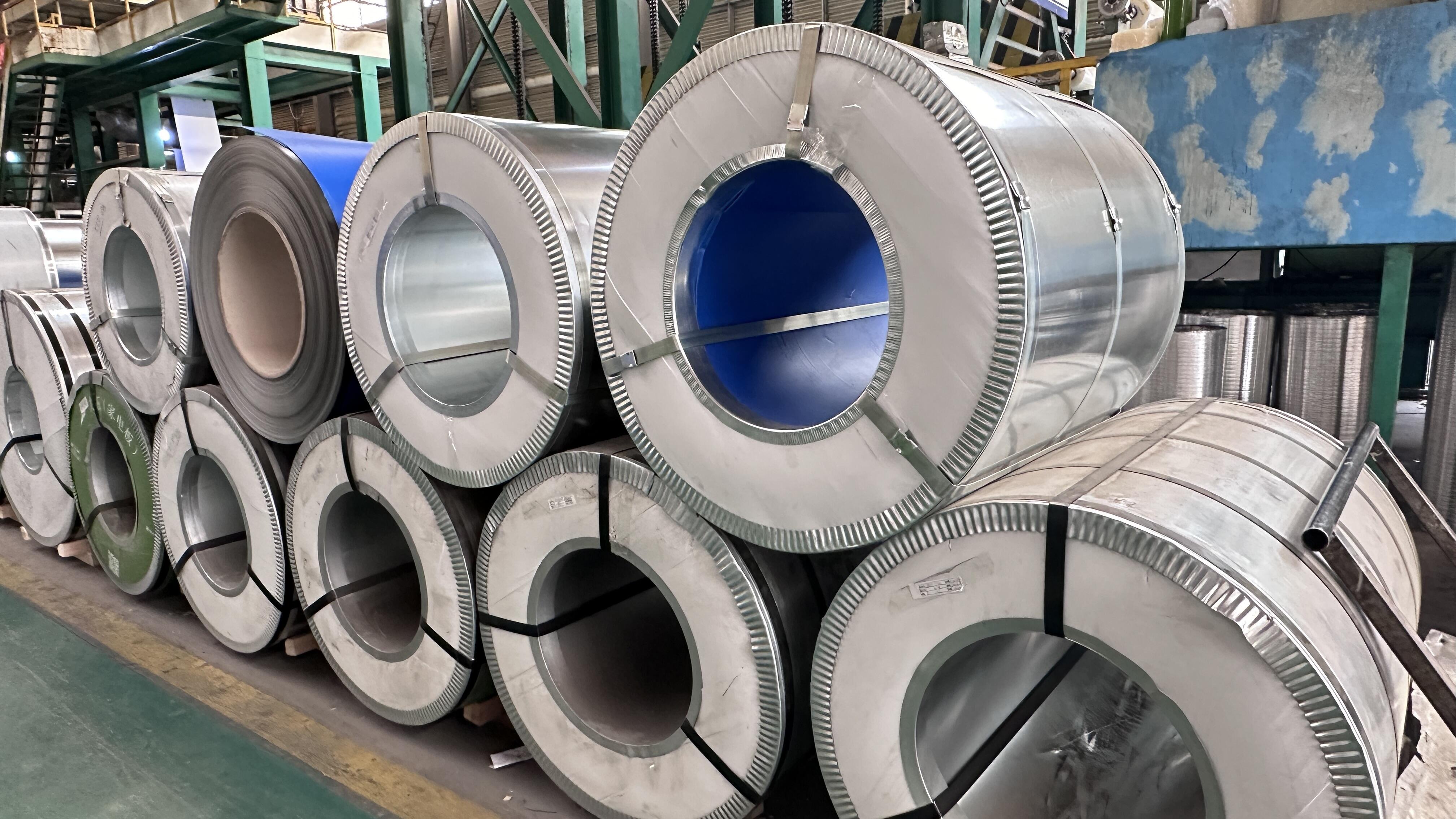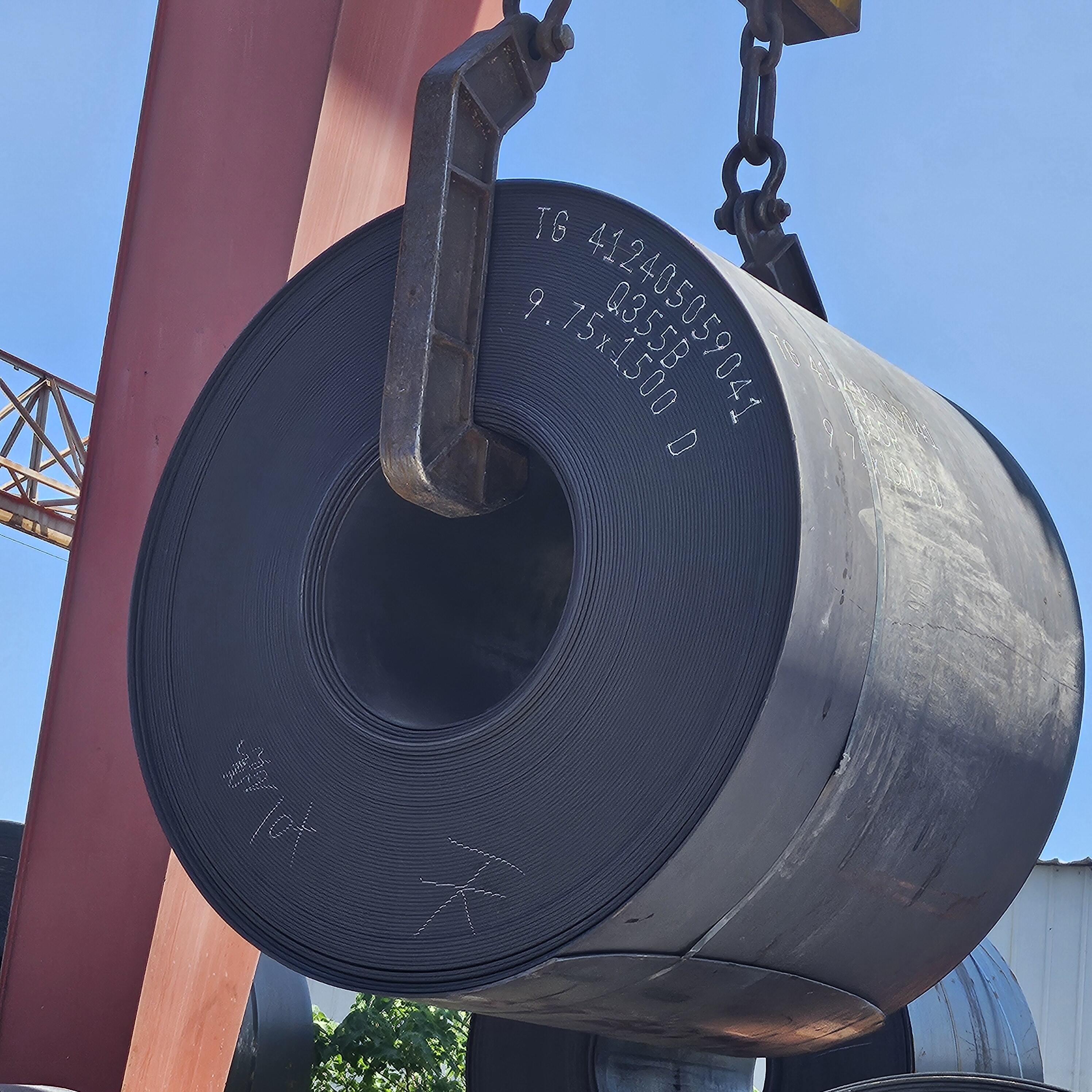316 stainless steel coil
316 stainless steel coil represents a premium grade austenitic stainless steel product that offers exceptional corrosion resistance and mechanical properties. This versatile material contains higher levels of nickel and molybdenum compared to other stainless steel grades, making it particularly resistant to chlorides and various aggressive chemicals. The coil format allows for efficient processing and fabrication across numerous industrial applications. Its superior resistance to pitting and crevice corrosion, especially in marine environments, makes it an ideal choice for coastal and offshore installations. The material maintains its structural integrity across a wide temperature range, from cryogenic conditions to elevated temperatures up to 870°C. These coils are manufactured through a precise rolling process that ensures consistent thickness, surface finish, and mechanical properties throughout the material. The addition of molybdenum enhances the formation of a robust passive layer, providing excellent protection against harsh environmental conditions. The material's inherent properties make it suitable for applications in chemical processing, pharmaceutical manufacturing, food processing equipment, and marine applications.

